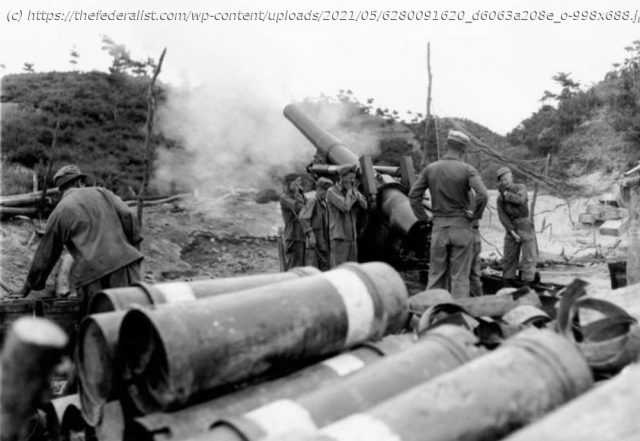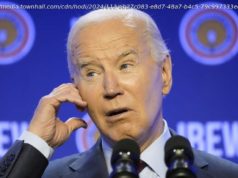Korea is a thought-provoking conflict that should be studied by the U.S. military and foreign policy experts. Let’s learn from our failures.
Seventy years ago, conflict on the Korean Peninsula raged. “The Forgotten War,” as it has come to be known, claimed upwards of 4 million lives by some estimates. Why is the Korean War so rarely discussed in military science or foreign policy circles? We tend to study our successes more often than our failures. This conflict offers both for study, especially the latter. The Korean War came less than five years after the end of World War II, when America had the most powerful military on earth. Nevertheless, we were embarrassed multiple times on the battlefield. In Clay Blair’s massive tome on the war, he states, “The first year of the Korean War was a ghastly ordeal for the United States Army. For various reasons, it was not prepared mentally, physically, or otherwise for war. On the whole, its leadership at the army, corps, division, regiment, and battalion levels was overaged, inexperienced, often incompetent, and not physically capable of coping with the rigorous climate of Korea.” Terrain and weather have immense effects on military operations. Friendly and enemy forces suffer alike, and little can be done to improve one’s situation. Korea has hot, wet summers and brutal winters. The terrain in the central part of the country is some of the toughest U.S. soldiers ever fought in, of high peaks with few roads. The fighting started in the summer. June 1950 was hot, and troops suffered dehydration. As summer turned to winter, U.S. troops were not adequately supplied with winter clothing. They fought up the Korean Peninsula to the Yalu River and the Chinese border in the same clothes they arrived in. Temperatures there dropped to 20 below zero. After World War II, the American public and soldiers abroad demanded rapid demobilization. Congressmen were hounded to “bring the boys home.” This brought America’s armed forces from an all-time high of 12 million in uniform down to 1.5 million, below even our current all-volunteer force. The troops left were therefore barely enough to respond to any Soviet aggression while also occupying Germany and Japan. The military was gutted. In Korea, we committed into combat most likely the least trained and least-equipped army in our history. When the Korean hostilities began, the average regimental commander, a full-bird colonel position, was close to ten years older than the recommended age. George C Marshall stressed in WWII that the average age be no more than 45 years old. This is not ageism. Marshall knew that ground warfare is no walk in the park. If you physically cannot keep up, you will fail. When the North Korean People’s Army (NKPA) launched their offensive on 25 June, the South Korean Army was caught unprepared and subsequently went into full rout. Despite several Pentagon studies showing it was disadvantageous to fight on the Korean Peninsula and that doing so would commit forces to a strategically irrelevant region, President Truman felt it was imperative to fight Communists there. Gen. Douglas MacArthur, Far East Command’s commander in chief, believed the real fight was with Red China. MacArthur was both brilliant and irrational in his last war at 70 years old. His insubordination resulted in his firing by President Truman.






